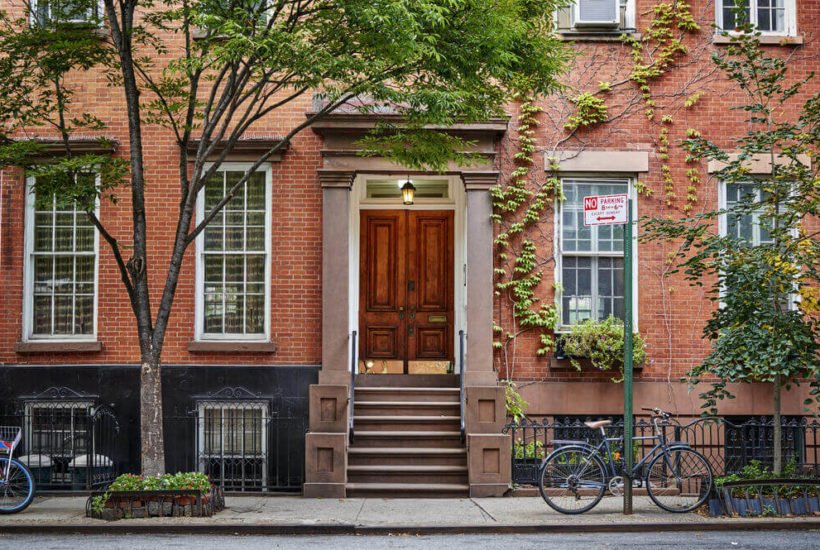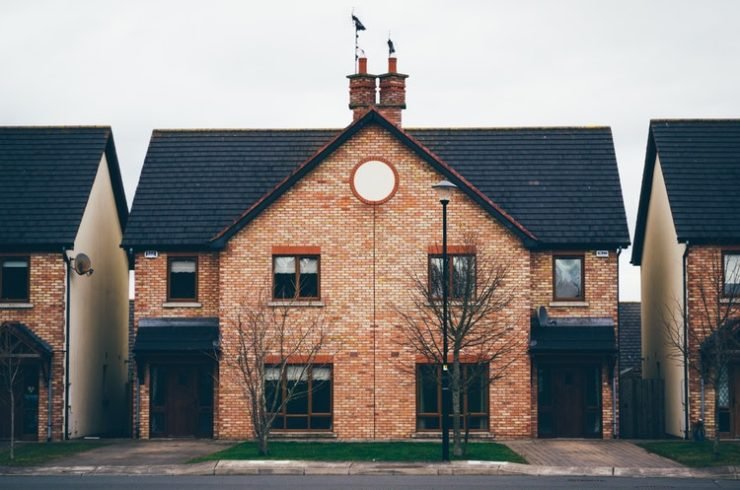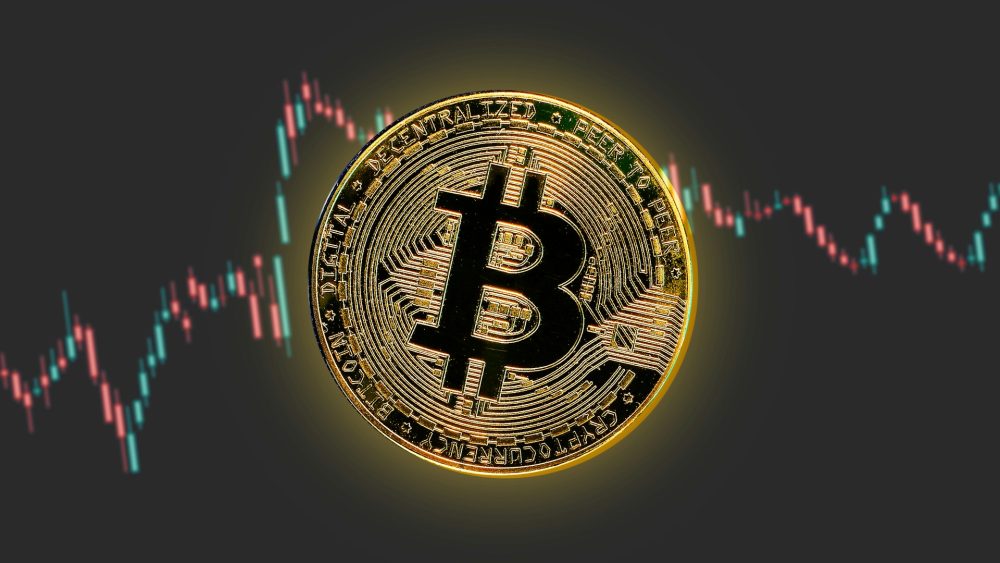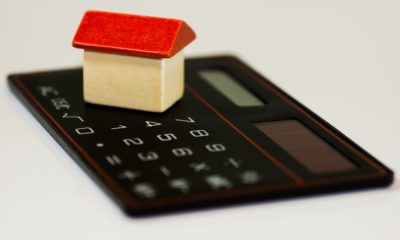Business
Buying the best home on the block is a bad deal, and here’s why
Here’s why what seems to be the best home in a neighborhood could prove to be a terrible investment in the long run.

Buyers tend to focus on the home’s amenities and layout, and when the home is near perfect, nothing will stop them from a winning bid. Because it has everything imaginable, the home is the best home in the neighborhood. Sure, the price is above the average asking price, but it’s the most upgraded home on the block, and the appeal is tempting. The best home in the neighborhood seems advantageous in hindsight, but in the future, it’s a terrible investment.
No room for personal touches
Naturally, buyers want to add their style to the home such as security systems, room remodels, home additions, and paint jobs. Since the best home is near perfect, owning the pricey house leaves no room for improvement. Buyers must accept the choices previous homeowners made.
Low home value
The most expensive home sets the bar for the remaining homes to reach. Since the best home is the standard, how can it gain value? It can’t. Homeowners naturally improve a home to raise the home’s value. With few improvements to make, new home projects don’t increase the already upgraded home’s value. In fact, extensive upgrades contribute to lower home value because buyers won’t pay more for it. While the home’s value will increase regardless, it increases slower than less expensive and appealing homes. Buyers who accept this reality will accept home improvement for preference instead of home value.
Unpleasant neighborhood
Don’t expect a home purchase and upgrades on the best home to change the neighborhood. Residents in the neighborhood make a neighborhood desirable or unpleasant. To change the neighborhood from unpleasant to desirable, attract the right people, and sadly, no resident can control that aspect. A complete 180 takes at least a decade, so buyers purchasing the best home are purchasing the neighborhood’s reputation as-is with no guarantees of improvement.
Companies make a neighborhood desirable too. An eclectic mix of local amenities, national chains, mom-and-pop shops, boutiques, and public services fuel a neighborhood’s success. People flock to these neighborhoods because everything they require is accessible. A dying neighborhood covers one or two of the eclectic five with many homeowners driving lengthy miles for the same amenities. Expect unpleasant neighborhoods to resemble dying neighborhoods.

Home selling difficulty
Due to lifestyle changes (marriage, divorce, children, relocation, etc.) no one lives in one place forever. As homeowners become sellers, the goal is to profit or break even. Selling the best home in the neighborhood is problematic. The home is the priciest on the block, and sellers want to price it higher, citing upgrades and amenities as reasons. Add this to an unpleasant neighborhood and the result is low buyer interest.
From the buyer’s angle, sellers lose buyers who stick to a budget and/or price range because of the price tag. Sellers lose buyers desiring an expensive home with a good neighborhood attached. The few remaining expect everything in working order and demand sellers to repair problems before paying the high price. Sellers may not deliver on that promise due to wear and tear along with low finances, so sellers can’t lure those buyers either. Eyesores such as boarded homes, construction, parking garages, water towers, and apartment buildings are additional turnoffs. If the home does sell, sellers must be realistic and aim for break-even results or a loss.
The best home in the worst neighborhood isn’t an ideal solution according to the findings. However, buyers can get the best home with everything included without spending more than market value or sacrificing neighborhood stability for it. A talented real estate agent will steer buyers toward quality neighborhoods with affordable homes with the necessities desired.
—
(Featured image by Brian Goodman via Shutterstock)
DISCLAIMER: This article expresses my own ideas and opinions. Any information I have shared are from sources that I believe to be reliable and accurate. I did not receive any financial compensation for writing this post, nor do I own any shares in any company I’ve mentioned. I encourage any reader to do their own diligent research first before making any investment decisions.

-

 Africa1 week ago
Africa1 week agoIvory Coast Development Plan 2026–2030: Investment, Growth, and Strategic Reforms
-

 Crypto4 days ago
Crypto4 days agoBitcoin Rebounds Above $70K as Crypto Markets Show Fragile Signs of Recovery
-

 Crypto2 weeks ago
Crypto2 weeks agoCrypto Markets at a Crossroads as Bitcoin Slides to $75,000
-

 Biotech23 hours ago
Biotech23 hours agoEurope Launches Personalized Cancer Medicine Initiative
























